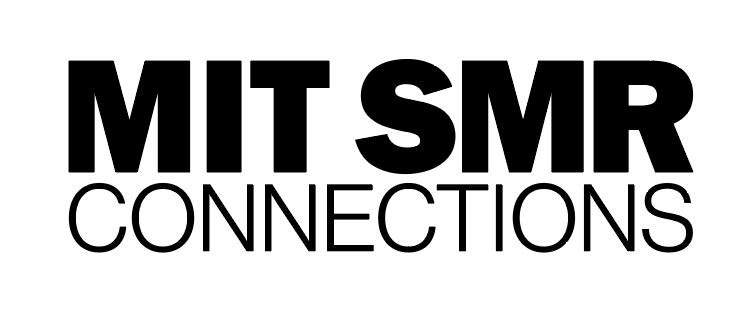The freedom to hire anyone anywhere enables businesses to reach new peaks with workers who are more neurodiverse.
In 2020, Ultranauts, a software and data-quality engineering startup founded by two MIT grads, managed to grow its revenue by 50 percent by relying on a novel approach—using a remote workforce, more than 75 percent of which were people on the autism spectrum.
“We’re able to create value for clients in a way that few other teams can through the simple premise of tapping into a much wider range of talent and different approaches to problem-solving,” said CEO Rajesh Anandan.
Their secret to hiring people on the autism spectrum? Years before COVID-19, Ultranauts had adopted a remote-friendly workplace. All video meetings had closed-captioning, meeting agendas were distributed ahead of gatherings so people could submit thoughts in writing if they preferred, and employees were asked daily how they felt about their workplace. “The whole idea is to create a safe space that allows everyone to be heard,” said Jamie Davila, Ultranaut’s Quality Engineering Manager.
Founded in 2013, the company is now thriving, and showing others how remote work can lead to a more diverse—and productive—workforce.
For decades, society has thought of the office as a coffee-cup-strewn process and idea factory, a place where open-air spaces lead to innovation and spontaneous collaboration. This approach, however, has had mixed results, showing that some people soar amid the din, while others lose their concentration, donning headsets and tuning everyone out.
Now, with hybrid work and the technologies that allow easy remote communication, companies are experimenting with a novel—and perhaps radical—idea: letting employees decide for themselves which work situation is best for their creativity and productivity.
“We’re not in the same place we were, nor do we want to be,” says Sheela Subramanian, vice president of Future Forum, a research institute that partners with industry and academic institutions. “Instead of retrofitting, leaders need to redesign how work gets done and meet their employees where they are. They need to shift from C-suite-centric to people-centric: it’s about making work fit better for all people rather than the select few.”
This shift is a game changer, particularly for three types of employees who have traditionally been left out of the corporate world: caregivers, neurodiverse workers, and employees with physical limitations.
According to 2020 data from the AARP, the estimated number of adults who are caregivers to those under the age of 18 is 53 million, and 47.9 million are caregivers to people aged 18 and up. More than 40 percent of those who receive help are over 50. Boomers will keep getting older, of course, and there’s no sign that the staff shortage for senior housing is going to abate. As a result, businesses are seeing the benefits of giving caretakers more flexibility to work from home, set their own hours, and negotiate time commitments that are reasonable for both parties.
“Instead of saying, ‘This is your work schedule,’ they offer a variety of options,” says professor Heather Aranyi, an advisor at the Buffett Institute for Global Affairs and a lecturer at the Farley Center for Entrepreneurship and Innovation at Northwestern University. Remote, hybrid work, and flexible schedules are viable options, while some companies take a page from the group brainstorm to augment team collaboration. “A workplace may have a retreat every three months where people come together for two days to promote relationships in an intense way.”
Another group now benefiting from hybrid work are Americans who are neurodiverse, a term that describes the 15 to 20 percent of people who have cognitive differences, which include autism, attention deficit disorder, and dyspraxia. Several Fortune 500 companies seek to have a neurodiverse workforce, creating programs to attract and retain employees who face discrimination in other industries.
“A lot of individuals on the spectrum tend to outperform in domains that are strongly rule-based, such as mathematics or engineering,” said Marie Schaer, head of an autism outpatient clinic in Geneva, Switzerland, in a 2019 Wired story. “That might explain why we find more people on the spectrum in tech-related jobs: They’re simply good at it.”
Yet traditional offices that are busy bullpens of activity can create anxiety for neurodiverse workers or people with physical limitations, including those who use mobility tools. Going forward, hybrid or remote workplaces are presenting new opportunities for inclusion by finding ways to meet people where they are.
“The basic paradigm is that when people can construct their own workplaces for their individual neurodiversity, they will do better work and be a better team member,” Aranyi says. “The potential is immense.”
This article was produced by WIRED Brand Lab on behalf of Webex.





